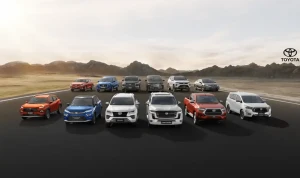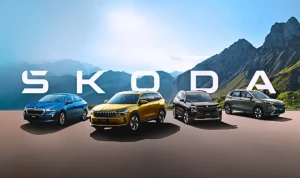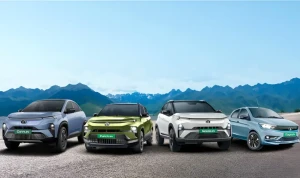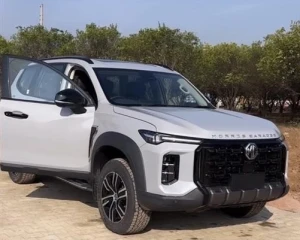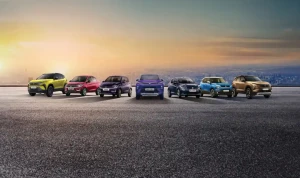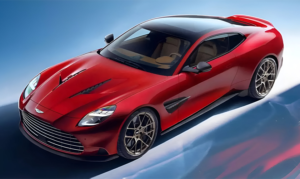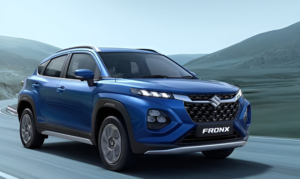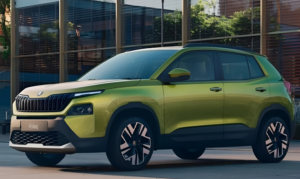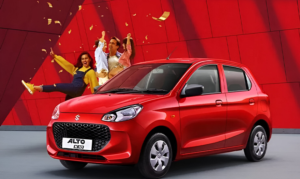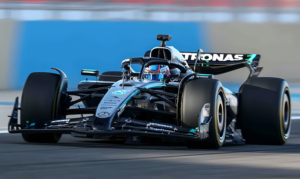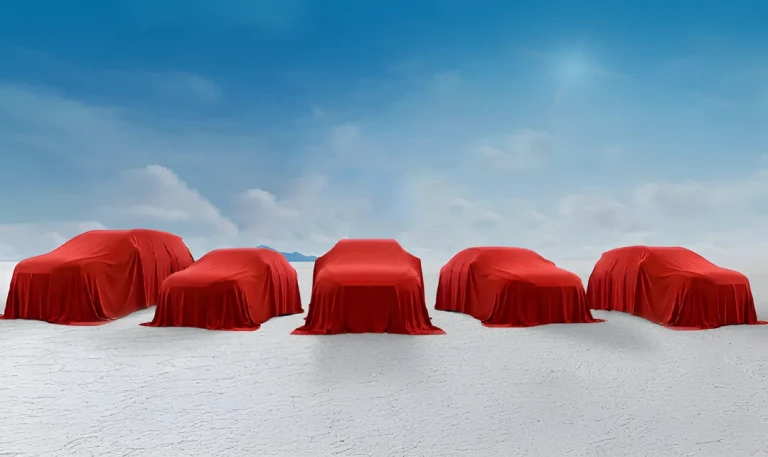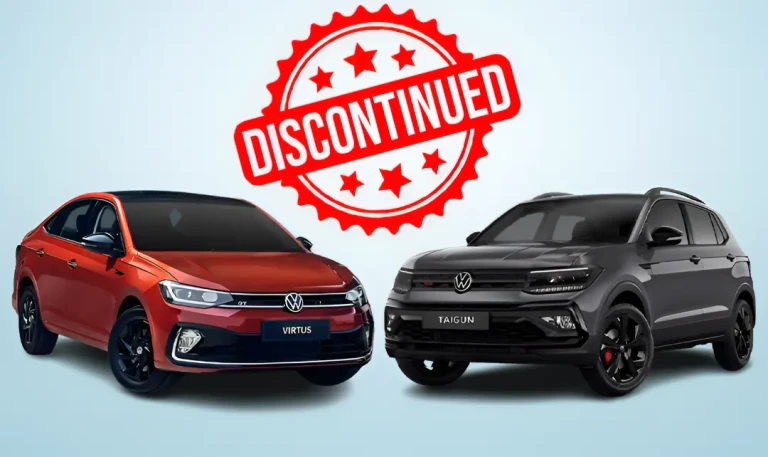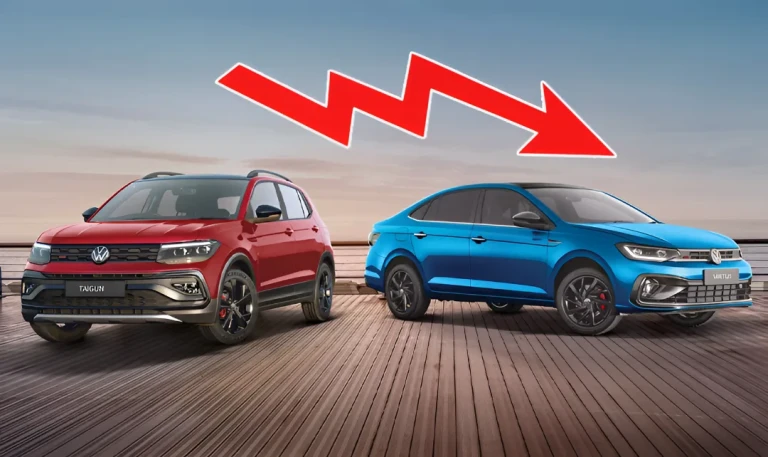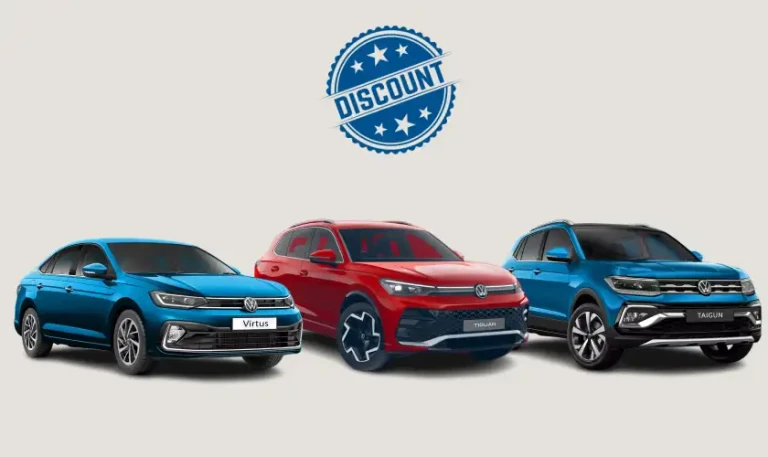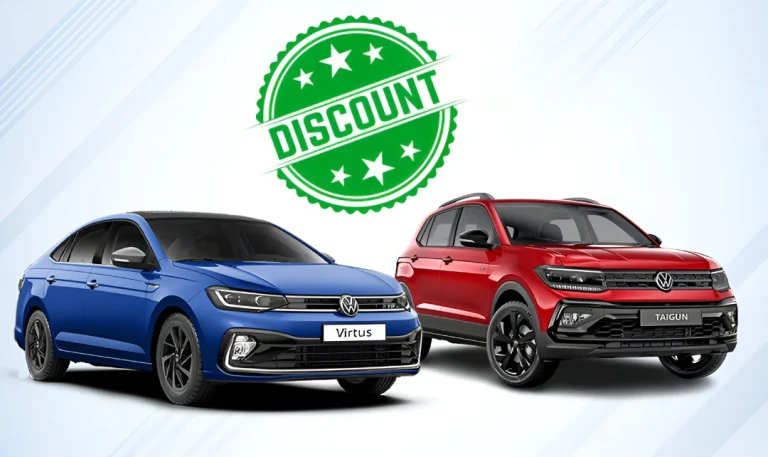Volkswagen revamps EV naming following Mercedes, BMW, Audi
21 May 2025, 05:15 PM
1174
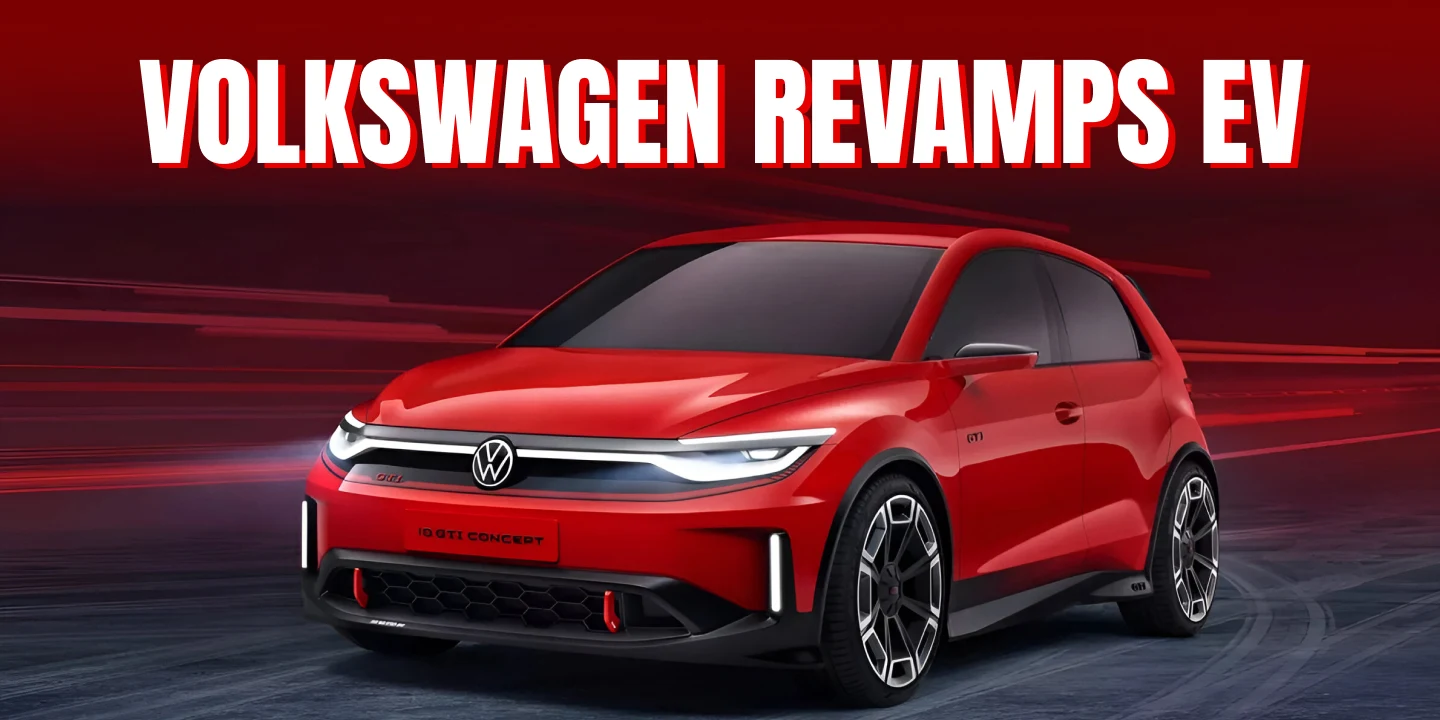
As its EV business plans have moved on, Volkswagen has now confirmed the brand will not use the current “ID.” in its vehicle names. The switch, planned for 2026, is to make it easier for buyers to get electric cars and streamline the company’s list of products.
Catch the latest launches and updates on CarOnPhone!
EV Naming Convention Strategy
| Brand | Previous Naming Style | New Naming Style (2025) | Why the Change? |
|---|---|---|---|
| Volkswagen | “ID.” prefix (ID.3, ID.4, ID.Buzz) | Traditional names (starting in 2026) | Easier to understand, more emotional and relatable names |
| Mercedes-Benz | “EQ” branding (EQC, EQS) | Regular model names (S-Class, E-Class, etc.) | Unified lineup, no separate identity for EVs |
| BMW | “i” Series (i3, i4) | Integrated with existing models (e.g., 3 Series) | Simplified portfolio, clearer product hierarchy |
| Audi | Odd numbers = fuel, even = electric | Unified model naming | Avoid confusion, easy for buyers to recognize models |
Volkswagen is the fourth German carmaker to change how it names its EVs, following similar actions by Mercedes-Benz, BMW and Audi this year.
The company is rebranding all its industries
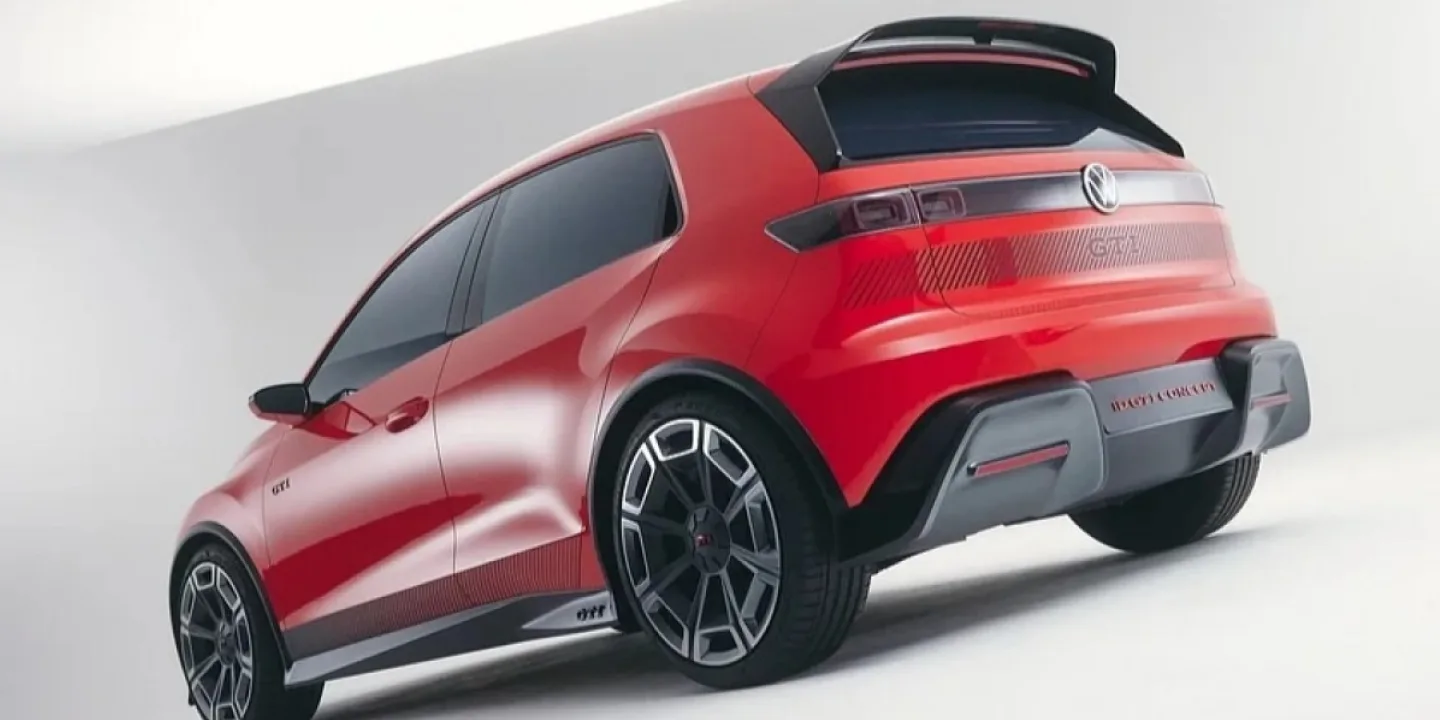
Mercedes-Benz is now bringing electric models into their classic model ranges as the EQ brand is no longer used. BMW is adjusting its “i” lineup of electric cars and Audi is getting rid of the odd-even thing that marked them according to if they were electric or combustion models.
“The cars will be given real names again,” Sander said. “The ID.2all and ID. EVERY1 will not carry these names when they enter production.”
Encourage Making It Simple and Easy to Follow
This decision comes as more in the industry accept that consumers are put off by model names that sound like codes. According to automotive analysts, conventional nameplates can help people have stronger feelings for a brand and remember it better.
A Volkswagen spokesperson said the change is a step in the company’s drive to simplify its lineup and connect more with customers emotionally.
Competition in the Chinese Market
The move takes place as China, the globe’s largest EV market, sees growing competition. The increase in market share by BYD, Nio and XPeng is due in large part to their attractive pricing and local technological progress.
Although Volkswagen’s ID.7 does well in Europe, it has not done as well in China. “In China, the market for electric cars is extremely competitive,” said Sander. “Even new models are launched by competitors with high discounts. However, we are not focused on short-term market wins—we are pursuing a long-term growth strategy.”
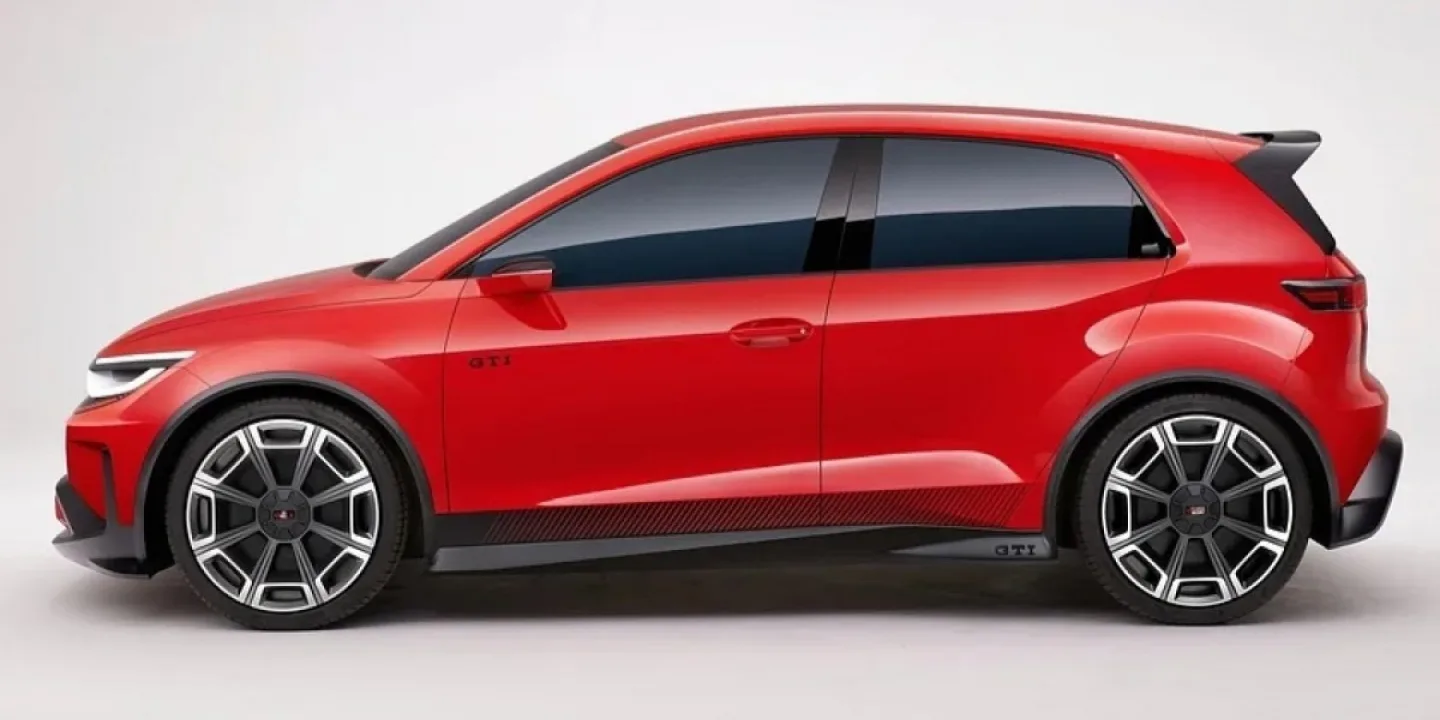
What’s Going to Happen
Volkswagen has not released the model names for the new versions. Industry analysts predict that the company could use established names like Golf, Passat and Polo for their future electric vehicles, just like other famous manufacturers have done.
It shows how to link classic brand traditions with cutting-edge electric technology, making it easier for loyal buyers to switch to EVs.
Outlook
Because electric vehicles are gaining popularity, many global automakers now use a single brand to stop people from confusing products and to build their reputation with consumers.
The rebranding by Volkswagen of its electric range means the industry is also realigning, now giving priority to clarity, touching emotions and offering a consistent brand experience as electric cars grow more popular.
AD
Tags:
CarOnPhone is your one-stop destination to see all upcoming cars, latest cars, released cars, and EV Cars, and compare Cars in all Car Brands. Stay tuned and follow us to update yourself on the automotive world.
Was this article helpful?


